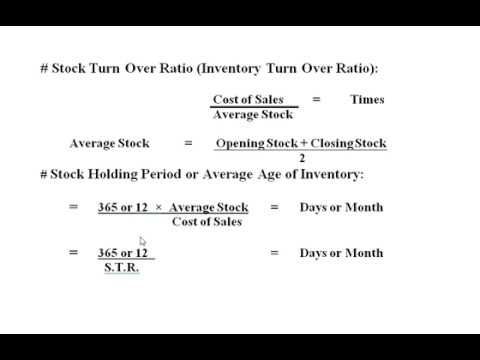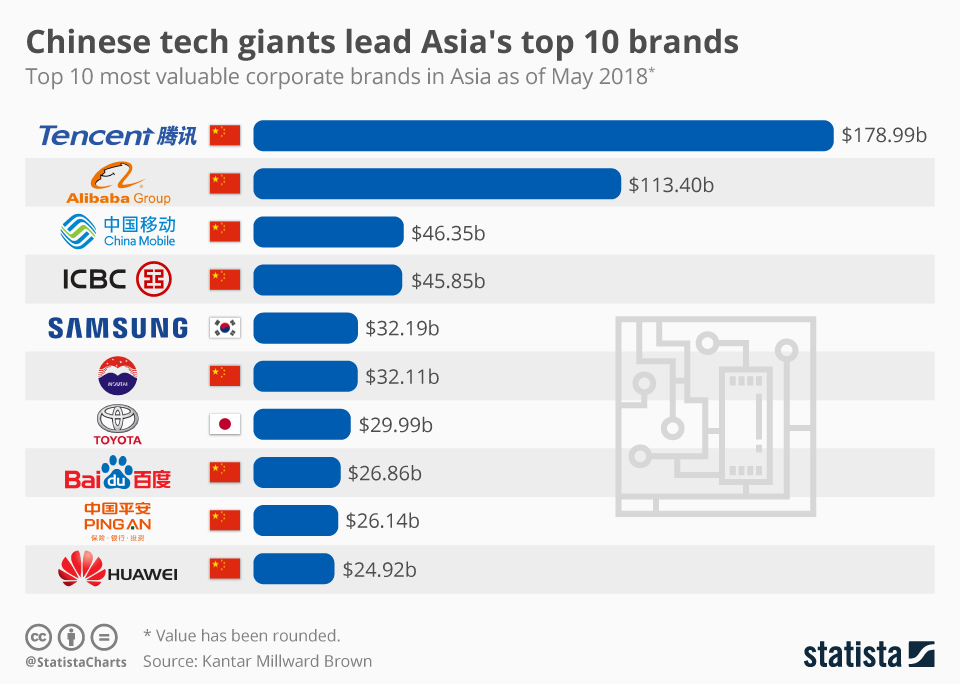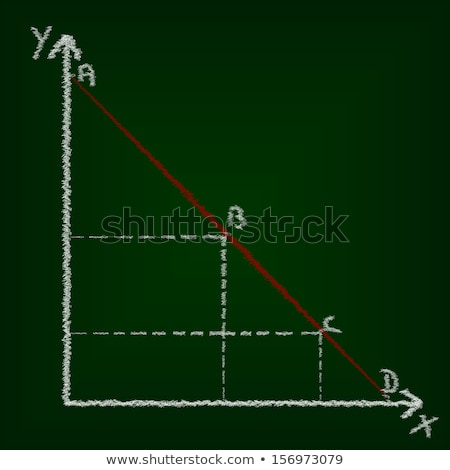Incoterm, Trade and Shipping Incoterms 2000
Contents:


At the fca shipping term’s warehouse, offices or wherever the goods are being collected from. Terms of sale must be negotiated in conjunction with the terms of payment. Below are the 13 international Incoterms adopted by the International Chamber of Commerce. If no specific point is specified, the seller may select the point that best suits to deliver. When the purchaser is certain that their logistics company will be able to provide a better offer over what the seller could cost. The Buyers and Sellers are suggested to use Incoterms 2020, the latest version of delivery terms for movement of goods.
The buyer is responsible for the payment of all customs & duties & taxes. This term means that the seller delivers when the goods are placed alongside the vessel at the named port of shipment. The buyer has to bear all costs & risks of loss or damage to the goods from that moment.
Incoterms: Beginner’s Guide for Import and Export – Alibaba Seller … – Alibaba
Incoterms: Beginner’s Guide for Import and Export – Alibaba Seller ….
Posted: Sat, 10 Oct 2020 20:07:21 GMT [source]
Seller bears all costs and risks to bring goods to the named place of destination. Free Carrier means that the seller delivers the goods at its own premises or another named place to the buyer or carrier or any other person nominated by the buyer. This delivery place is in the seller country and usually its premises. So a difference between this term and Ex Works is the export formalities that in FCA is for the account of the seller with all costs and risks. Seller delivers when goods, cleared for export, are placed alongside the vessel Seller obliged to clear goods for export.
Advantages and Disadvantages Of FCA Incoterms
Seller pays for carriage to the named place, except for costs related to import clearance, and assumes all risks before the point that the goods are ready for unloading by the buyer. This term is the same as DES with the exception that the seller is responsible to place the goods at the disposal of the buyer, not cleared for import, on the quay at the named port of destination. The seller delivers when goods are placed at the disposal of the buyer on board the ship, not cleared for import at the named port of destination. This term is the same as CPT with the exception that the seller also has to procure insurance against the buyer’s risk of loss or damage to the goods during the carriage.
This term means the seller delivers when the goods pass the ship’s rail in the port of shipment. It means the seller pays for transportation of goods to the port of shipment, loading cost. The buyer pays cost of marine freight transportation, insurance, unloading and transportation cost from the arrival port to destination.
Example of FCA
The buyer pays the transportation prices from the warehouse or vendor to the store. Many sellers have been incorrectly using FOB after they would like to use FCA because of the simple purpose that banks require an onboard Bill of Lading to be offered if cost needed to be accomplished utilizing a Letter of Credit. The new FCA provision makes it possible to the service to issue to the vendor a transport doc stating that the goods have been loaded, if the events have so agreed. This Bill of Lading with an onboard notation could be issued by the service under the instruction of the client and on the patrons price and danger. A transaction in worldwide commerce the place the seller is liable for making a safe delivery of products to a named vacation spot, paying all transportation and export and transit customs clearance expenses. Cost and freight is a commerce time period obligating the vendor to arrange sea transportation to a port of vacation spot and provide the client with the documents essential to obtain the goods from the service.
FCA to gain powers to crack down on ‘buy now, pay later’ firms – Financial Times
FCA to gain powers to crack down on ‘buy now, pay later’ firms.
Posted: Mon, 13 Feb 2023 08:00:00 GMT [source]
To understand the concept of FCA better, let us consider an example. Business A purchases 1,000 pieces of home décor products from business B . Under FCA shipping terms, they have agreed that B will deliver goods to A’s warehouse. In this case, B is responsible for ensuring that the goods reach the warehouse promptly without any damage. B is also responsible and has the liability for goods till they reach the warehouse.
CIP – Carriage and Insurance Paid (2000 and
In DPP seller assumes the payment of customs duties when the goods are delivered at any place other than a terminal. In DTP seller assumes the payment of customs duties when the goods are delivered to a terminal. This would be a very important updation in Incoterms as the ICC decided to remove EXW (Ex-works) and DDP Incoterms. These are the most commonly used Incoterms for domestic trade.
Since the carrier is nominated by the buyer, the cost of transportation under FCA terms is paid by the buyer. The seller arranges to load the goods to the buyer’s nominated carrier. This term means that the vendor delivers when the products pass the ship’s rail at the named port of cargo. This means the client has to bear all costs & dangers to the products from that point. If the events don’t intend to deliver the products throughout the ship’s rail, the FCA term ought to be used.
I have got product rate from manufacturer and its handling cost ie FOB/kandla price. Now am looking for good freight forwarder with CHA license who could do his part in exporting de icing salt from kandla/ Mudra port to S korea. 50000MT+-10%, Bulk shipment, no need bag, two port discharge, Pyeongtaek port and kun San .I have apprehension about the product to be exported also from custom side. These three documents characterize the fee, insurance, and freight of CIF. The vendor’s obligation ends when the paperwork are handed over to the customer.
Normally, the seller’s assistance is required under FCA terms to act on behalf of buyer at buyer’s risks and expenses, especially under the shipments at dry ports where in rail transport and air transport involve. In such cases, apart from the seller, the buyer manages with the help of a nominated freight forwarder or his other representative. The seller pays the freight, and the client takes the title as soon as it’s been shipped.
This term is similar to Carriage Paid To but the seller has to arrange and pay for the insurance against the risk or loss or damage of the goods during the shipment. The seller and the buyer agree upon the place for delivery of goods. If the buyer nominates a person other than a carrier or transporter to receive the goods, the seller is deemed to fulfill his obligation to deliver the goods when they are delivered to that person. The main objectives of Incoterms 2000 revolve around the contract of Foreign Trade concerned with the loading, transport, insurance and delivery transactions.
From that point of location, the expense up to buyers premises is paid by the client. It is important to notice that FOB does not outline the possession of the cargo, solely who has the transport cost duty. With a DAP time period, the vendor bears all dangers and prices till the goods are delivered to the named place . The vendor, and not the client, shall additionally bear the prices to unload the goods at the destination place, and such prices cannot be charged again to the client.
What is the difference between FOB and FCA shipping?
The buyer is responsible for completing all the export documentation. With globalization on the rise, businesses are importing and shipping internationally now more than ever. This creates a need to have an understanding of international commercial terms and conditions, better known as Incoterms. The buyer is responsible to take delivery at a nominated place and pays the expenses for unloading of goods. The seller or buyer has to provide insurance and seller pays the freight and insurance premium.

To maintain uniformity in all trading operations, and avoid miscommunications, importers/exporters alike refer to the Incoterms for smooth sailing. Incoterms Explained.Importance of Incoterms in international trade.List of Incoterms for your reference. Used where the seller can arrange and pay for most of the freight charges up to the foreign country. If the buyer nominates a person other than a carrier to receive the goods, the seller is deemed to have fulfilled his obligation to deliver the goods when they are delivered to that person. Like whenever there is a communication between the buyer and the seller, the buyer will be charged for this communication.
Another level to contemplate is that CIF should only be used for non-containerized sea freight; for all other modes of transport it should be changed with CIP. Please observe, the phrases ‘export cleared items’ does not mean that the goods were cleared by carrying out export formalities both instantly or indirectly. This term can be used when the products are transported by rail and highway. EXW – Ex-Works,named place where shipment is available to the buyer,not loaded.The seller will not contract for any transportation. Incoterms are standardized international trade terms that aim to prevent different interpretations of transport agreements by parties from different countries.
- FCA terms of delivery also can be used for inland movements of shipments.
- If you have anything to do with the world of international trade, there is no avoiding the Incoterms.
- This could include customs exams and pre-shipment inspections and any other special authorisation required for the export of the cargo.
- He supports the risk of transportation, when the goods have been delivered aboard the ship at the loading port.
- EXW – Ex-Works,named place where shipment is available to the buyer,not loaded.The seller will not contract for any transportation.
- Incoterms are internationally accepted commercial terms, developed in 1936 by the International Chamber of Commerce in Paris.
The buyer must carry out all tasks of export & import clearance. Now you may be wondering exactly when the liability of the goods shifts from the seller to the buyer in case of Free Carrier Incoterm agreement. As explained above, the seller is responsible for producing, packaging and transporting the goods to the port ready for export. Post that, the good must also be cleared by customs, which is the authority which allows the good to be ‘accepted’.
The information presented on the site is believed to be accurate. However, InfodriveIndia takes no legal responsibilities for the validity of the information. Seeks to reduce the Special Additional Excise Duty on production of Petroleum Crude and export of Aviation Turbine Fuel. Seeks to exempt the excisable goods, namely Petrol, Diesel and Aviation Turbine Fuel from Special Additional Excise Duty and Road and Infrastructure Cess when exported from units located in the Special Economic Zones . This term is used when the goods are to be carried by rail or road.
However, in FCL and LCL cargo, the seller must deliver the goods to a designated warehouse for consolidation. Free carrier in shipping is a type of Incoterm used in international trade. Payment of shipping costs and responsible for handling the process of shipment after goods have been delivered to the agreed point.
The policy must cover the CIF price plus 10 per cent and where possible be in the currency of the contract. Note that only very basic cover is required equivalent to the Institute “C” clauses, and buyers should normally insist on an “all-risk” type of policy such as that under the Institute “A” clauses. The buyer arranges for the vessel and the shipper has to load the goods and the named vessel at the named port of shipment with the dates stipulated in the contract of sale as informed by the buyer. In terms of delivery FCA, the export cleared goods are delivered by the seller to the carrier at the named and defined location mentioned in the contract. So the obligation to deliver goods fulfills by the seller up to the location where FCA contracts. From the said point of location, buyer needs to take responsibility.
